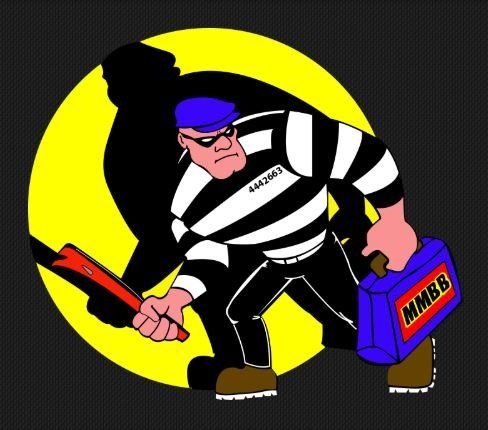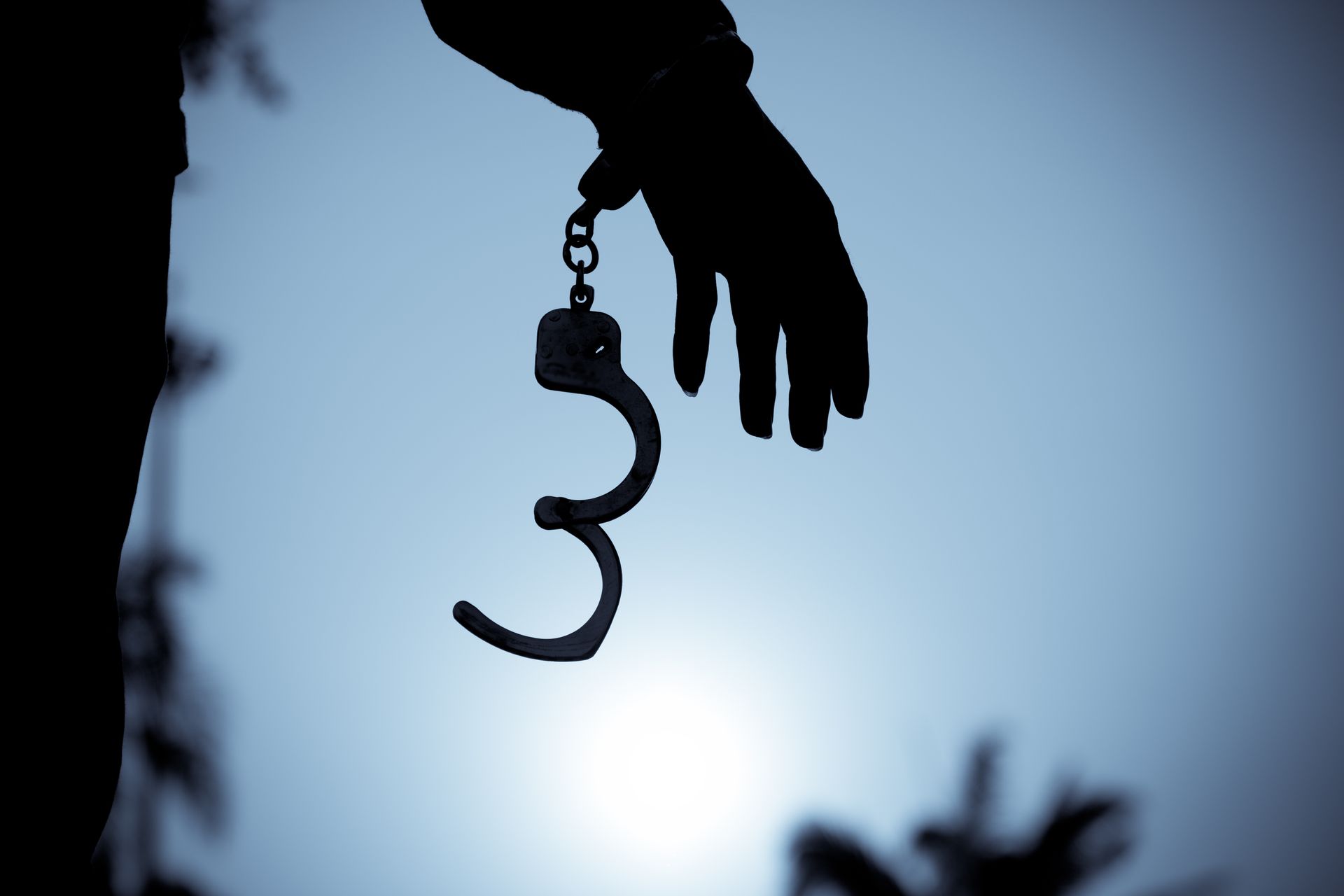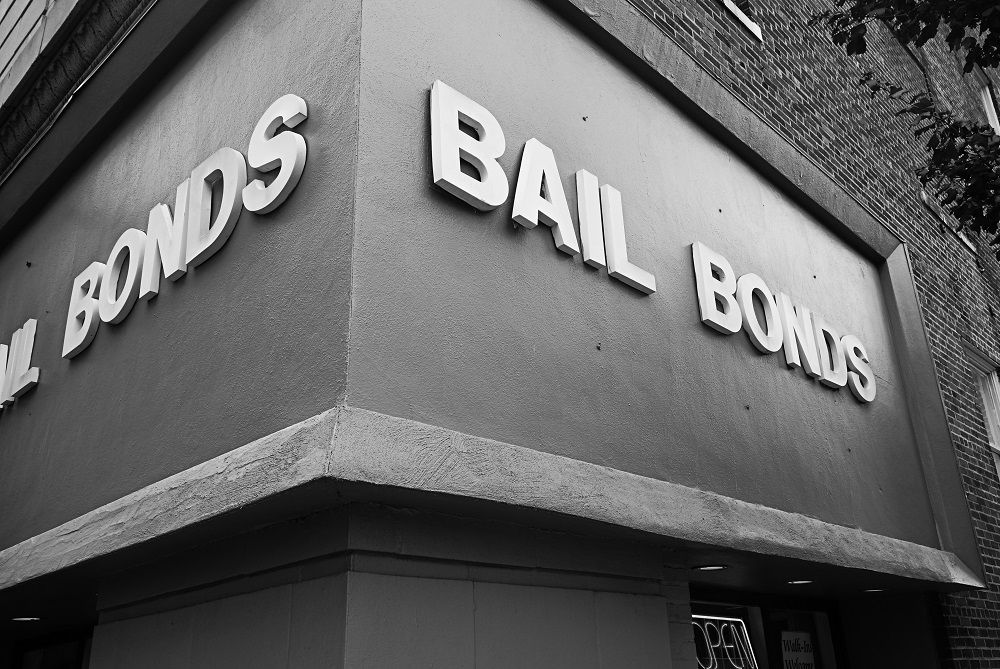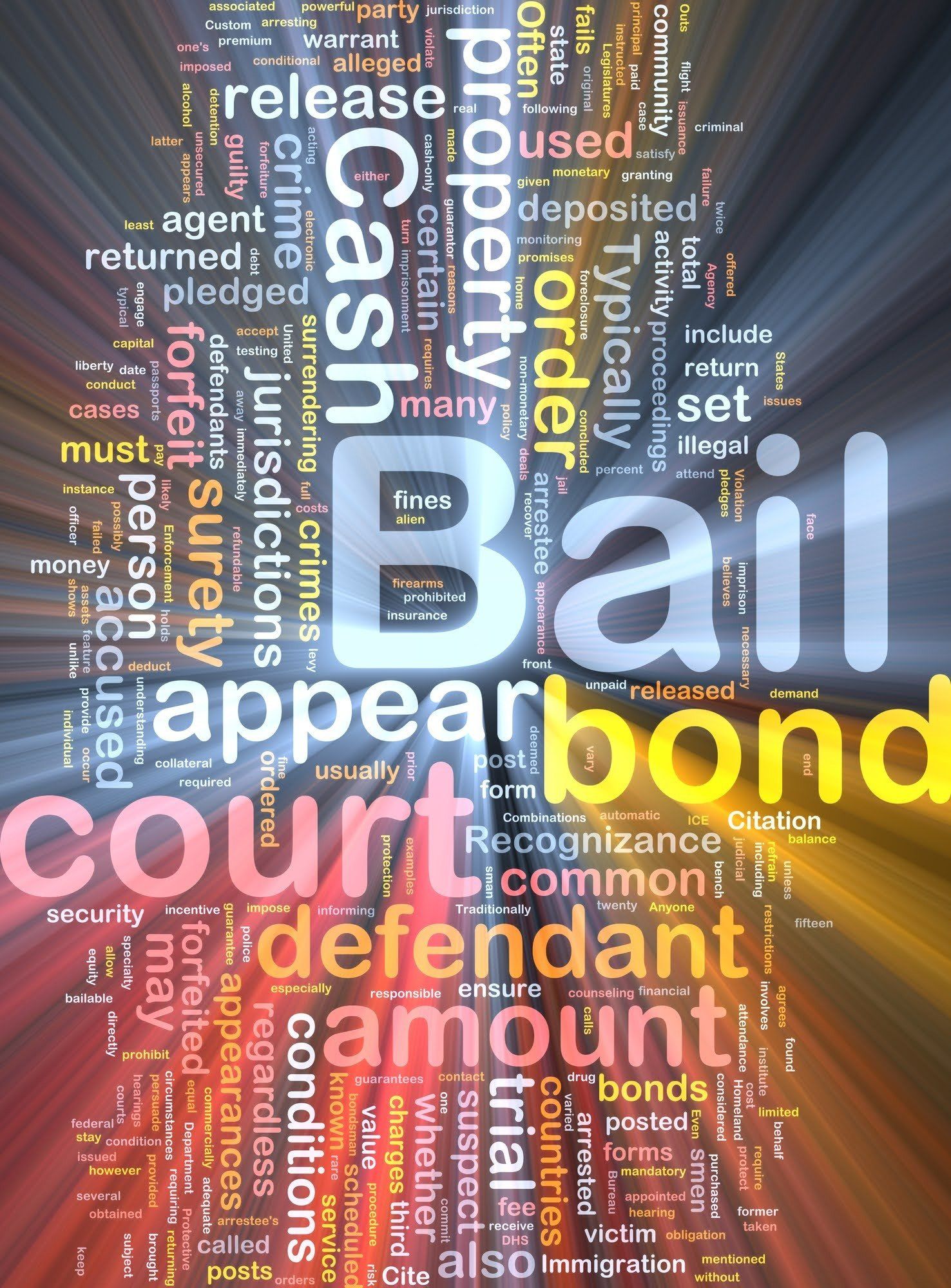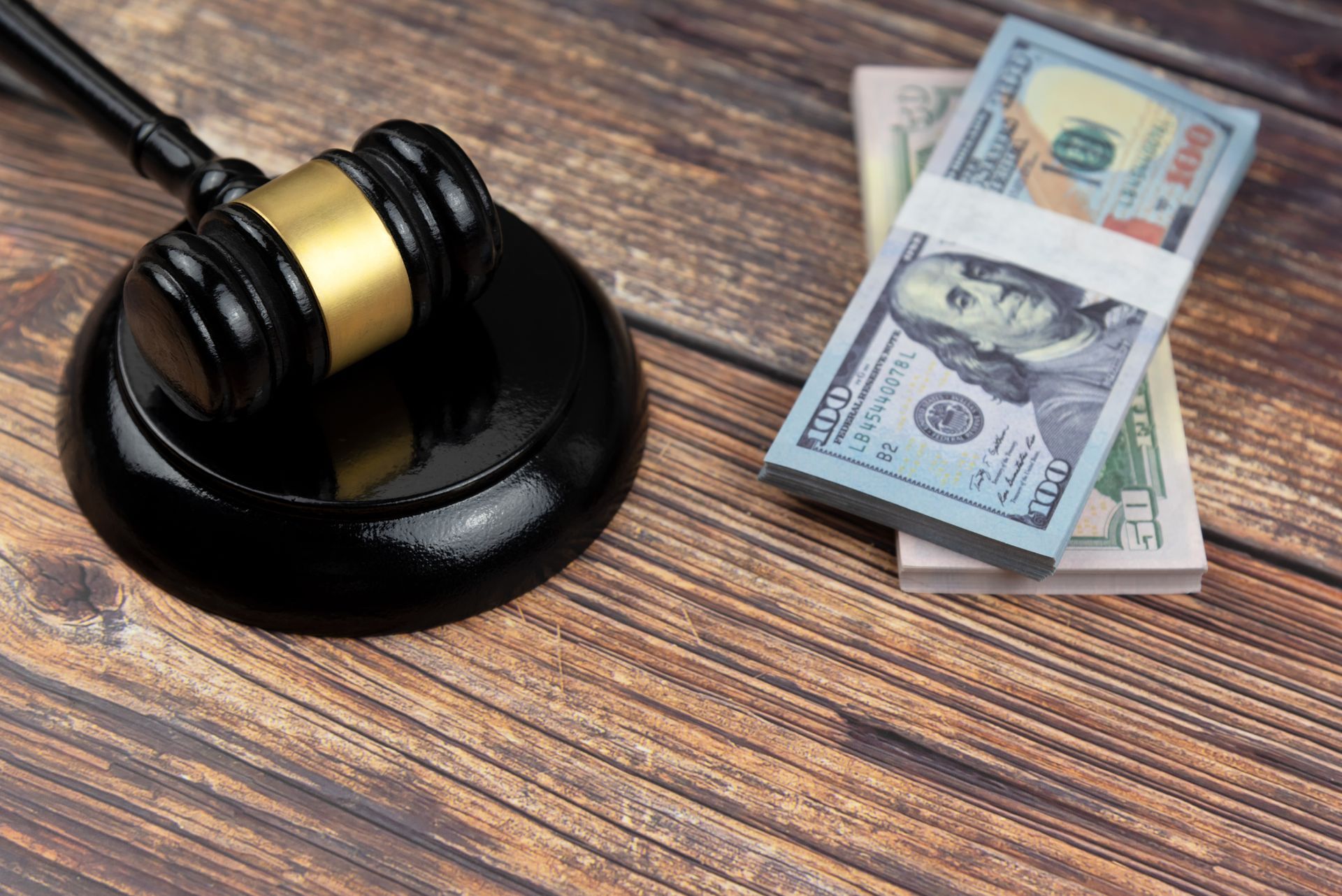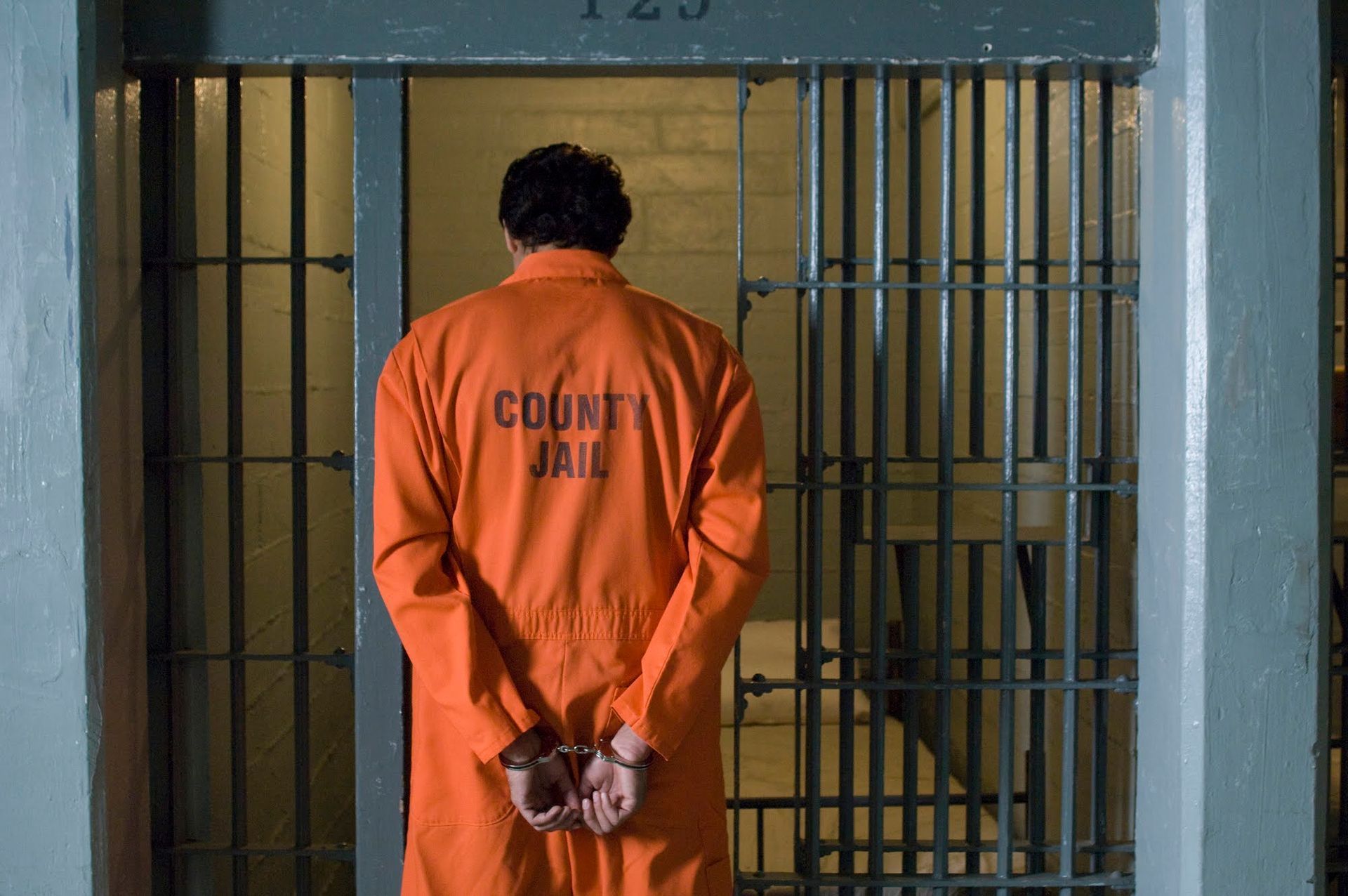Infractions, Misdemeanors, and Felonies: What's the Difference?

Criminal law can classify crime in different ways, but depending on the severity of punishment, crimes are categorized in grades. There are three grades of crime: infractions, misdemeanors, and felonies.
These crimes carry different repercussions, such as a jail sentence, high bail, or no bail, among other court-given punishments. Learn about their distinctions below.
Infractions
Infractions, also known as petty crimes or violations, are the least serious crimes in the classification. They carry the least severe punishments such as fines and traffic tickets rather than jail time. Examples of infractions include making noise and traffic violations, littering, and disobeying seat belt laws.
These minor crimes don't require you to hire a lawyer as you won't have to go to court nor spend time in jail. Moreover, infraction crimes don't appear in criminal records.
Under some circumstances, an infraction can turn into a misdemeanor. For example, running an unlicensed business is an infraction, but if the business is fraudulent, the crime rises to a misdemeanor or even a felony.
Misdemeanors
Misdemeanors are more serious crimes compared to infractions. For example, it's a misdemeanor crime to drive under the influence of drugs or alcohol. Other misdemeanors include vandalism, petty theft, harassment/assault, disorderly misconduct, and trespassing.
Such crimes are punishable by jail with a sentence of up to a year. Alternatively, you can get other penalties such as community service, court supervision, rehabilitation, or restitution payment to the victim.
Every state has different levels of misdemeanors organized by class, either one to four or A to D. Class one/A will have the highest penalty charges of 6 months and above in custody, while class four/D will have the least charge of 30 days or less.
If you get a jail sentence, you will serve at the local county jail rather than state-operated prisons, which means fewer restrictions. However, you will have a criminal record.
A misdemeanor can also rise to the level of a felony, depending on the circumstances. For example, battery is a misdemeanor, but assault using a baseball bat escalates to aggravated assault.
Felonies
Felonies are the highest level of criminal offenses that carry the most severe punishments. Crimes under this category involve heinous intent, such as murder, or result in serious outcomes, such as loss of life or property damage. Other examples of felony crimes include rape, arson, grand theft, manslaughter, and aggravated assault.
Depending on the crime and your jurisdiction, the penalty charge can be prison time, a life sentence without parole, execution, fines, or alternative sentencing like rehabilitation or home confinement. When you're sentenced to prison time, you'll serve at a state or federal-operated prison.
Felony offenses have even more repercussions, including loss of civil rights, such as the ability to vote, carry or own a weapon, or work in certain career fields. Moreover, felony charges affect anyone who aided and abetted the offender before, during, and after the crime. Again, felony offenses remain in individuals' records.
Similar to misdemeanors, felonies too have classes. In Florida, there's a capital felony punishable by death or life imprisonment. A life felony is also life in prison with a fine of about $15,000. Incarceration of first-, second-, and third-degree felonies means up to 30, 15, and 5 years in prison respectively, and with a fine of $10,000 for first- and second-degree and $5,000 for third-degree felonies.
Note that for some major crimes, the bail amount is never set. Suspects are kept in custody until a jury verdict.
As you can see, crime is expensive, and nobody should intend to clash with the law.
However, if you ever get arrested and need bail bond services, don't hesitate to
contact us.
We'll put you in touch with one of our agents.
